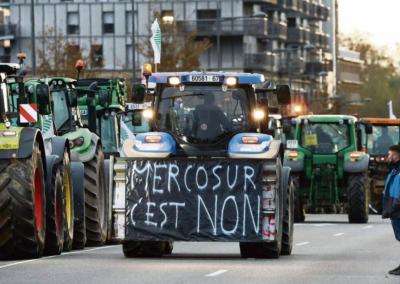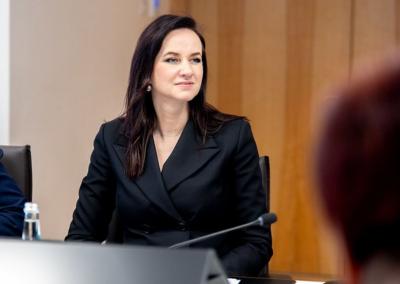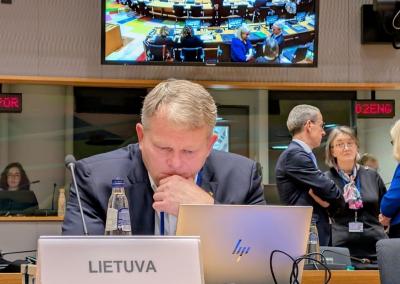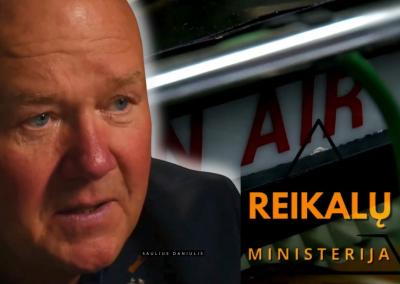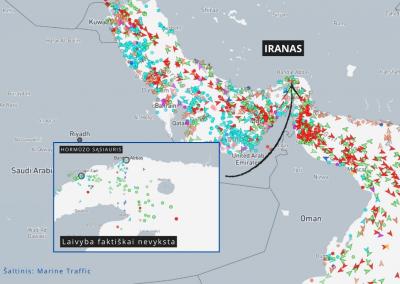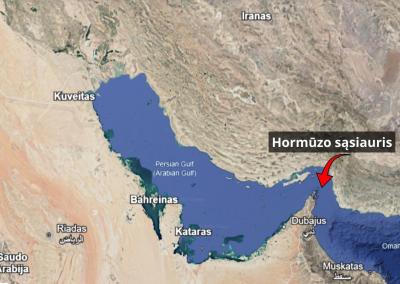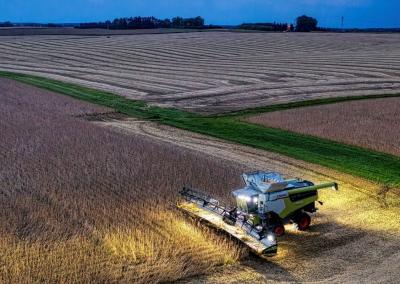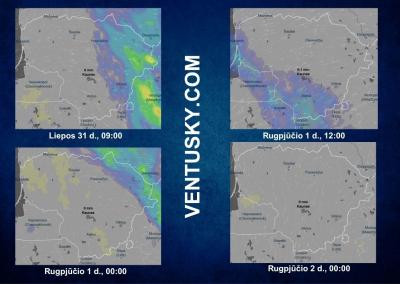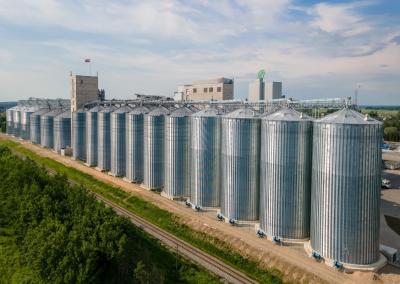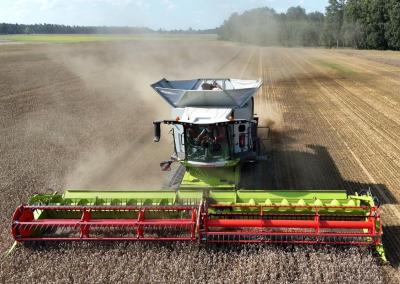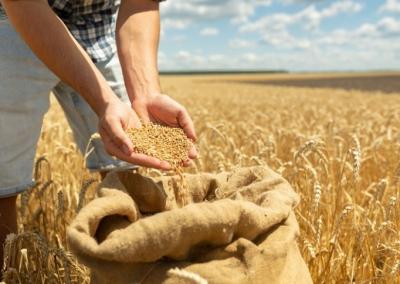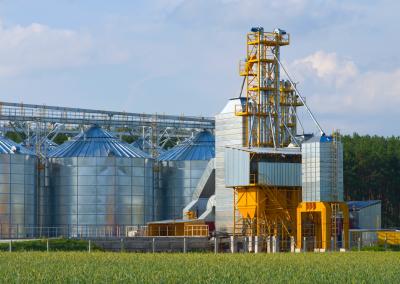Vanagas: why do Latvians dry grain at twice the price?
While Lithuania is being washed by rain, Audrius Vanagas, the chairman of the Lithuanian Cereal Growers Association, shared a worrying message on Facebook.
„Weather forecasts do not promise anything good in the near future – only rain. It is difficult to expect a dry harvest for now. Farmers are faced with a dilemma – to protect the quality of their grain, whether to harvest wetter or wait for a drier period. For those who choose the former and do not have their own grain dryers, grain drying rates in Lithuanian elevators should come as a surprise. The rise in energy costs in 2022 brought them up to EUR 7-9/t/%, but they have stayed that way so far, even though the price of gas, diesel and electricity has fallen back to a similar level to the previous year. However, in neighbouring Latvia (even in a Lithuanian-owned grain buying company), prices start at 3.85 Eur/t/%, which is twice as low as here," writes A. Vanagas, a farmer in the district of Mažeikiai.
He gives illustrative examples:


He rightly asks: why is this so?
„Let's say business is business and they set the rates they want. You don't have a place to dry – your problems. It seems that the rates for drying (as well as for other services provided by elevators) in Lithuania are set by AB „Jonavos grūdai“, the main shareholder of which is the Republic of Lithuania, with 70.13%. The company's board of directors includes representatives of the Ministry of Agriculture. In short, there are doubts as to whether the Ministry of Agriculture is properly assessing the current situation and setting the right level of tariffs for the company that it manages? We hope that our Minister, Mr Hofmann, and the Ministry of Agriculture will undertake an analysis of why the rates are higher than in neighbouring countries, especially as the company is always profitable and regularly pays out part of the profits in dividends. The State must set an example by applying drying rates based on logical calculations“," said Vanagas.















